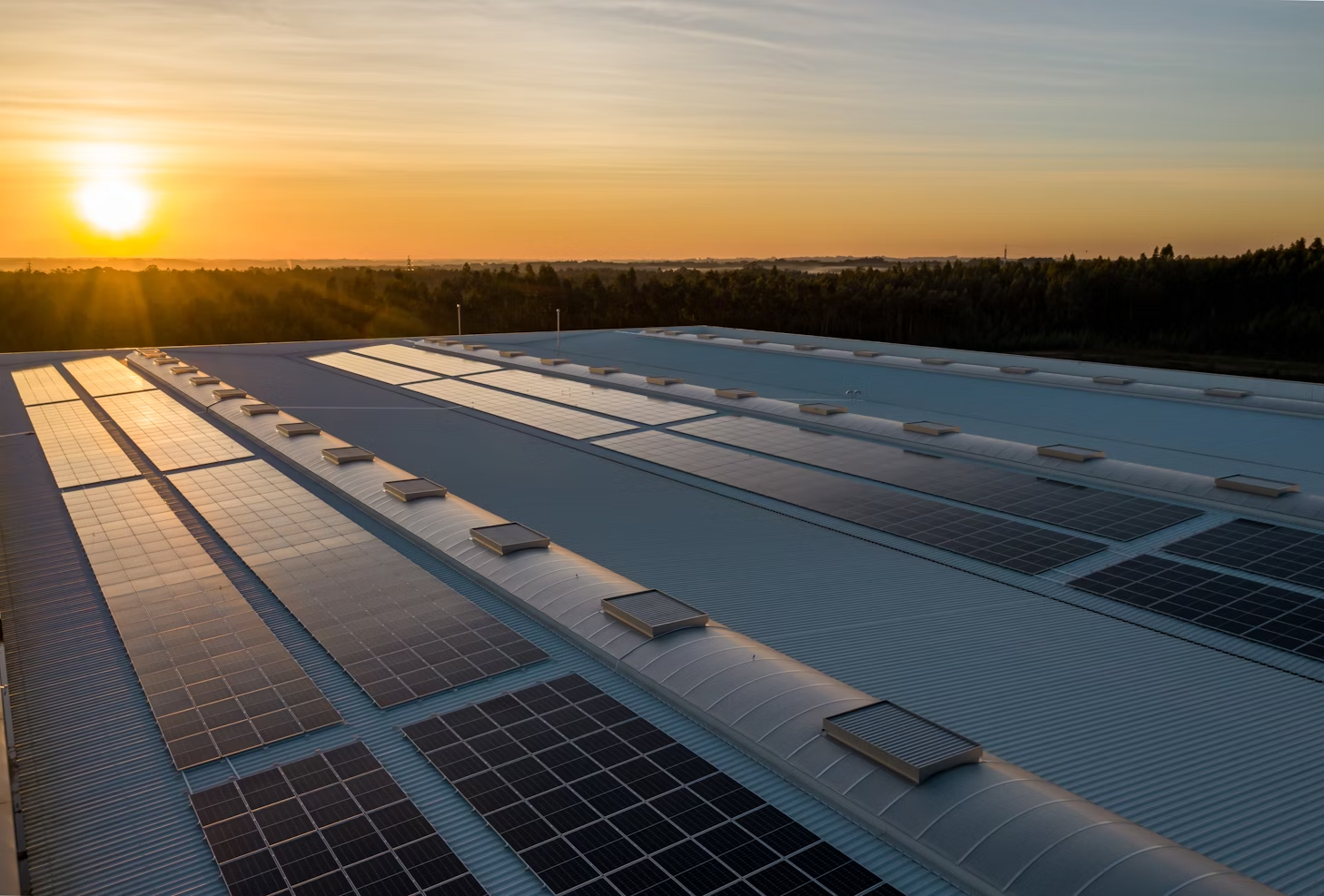Environmental regulations 2021 2022

In 2021, several events marked environmental news at the French, European and international levels. We offer you a non-exhaustive reminder below. In addition, because the year 2022 promises to be just as rich in this field, we are revealing a selection of themes that will be in the news and could impact businesses.
Reminder of the major events of 2021
In France, several laws and regulations have introduced significant changes
The AGEC law (Anti-Waste for a Circular Economy) has gradually come into force since January 1, 2021 and aims in particular to get out of disposable plastic, better inform consumers, fight against waste and for solidarity reuse, act against planned obsolescence and produce better.
With regard to disposable plastic, it is so Forbidden to distribute plastic bottles for free in establishments open to the public since the beginning of 2021. And since January 1, 2022, the plastic over-packaging of fresh fruits and vegetables weighing less than 1.5 kg has also been prohibited. When it comes to obsolescence, sellers of electrical and electronic equipment must show a repairability index, which has concerned 5 product categories since the beginning of 2021: washing machines, smartphones, laptops, televisions and lawnmowers.
Postponement of the tertiary decree to September 2022, a decree that requires owners and occupants of buildings whose surface area exceeds 1000 m2 to declare their energy consumption and gradually reduce it (-40% in 2030,-50% in 2040 and -60% in 2050). The first consumption declaration deadline has been extended from September 2021 to September 2022.
The climate and resilience law has been passed, following the creation of the Citizens' Climate Convention, without including all its proposals. This law covers a wide variety of subjects such as transports (ban on air flights in the event of an alternative via train in less than 2.5 hours, establishment of low-emission zones in large cities, etc.), the housing(ban on the rental of “thermal strainers” from 2025, support for households for thermal renovation, etc.), the intake(experiments with environmental labelling via a carbon score, support for bulk sales, strengthening the control of advertising related to fossil fuels, etc.).
Proposals from the European Union has also put forward proposals to strengthen its commitment to reducing its greenhouse gas emissions by 2030 and beyond.
The European Union has also put forward proposals to strengthen its commitment to reduce its greenhouse gas emissions by 2030 and beyond
The European Commission presented its Green Deal during the summer of 2021, a set of proposals covering the energy, transport, agriculture and taxation sectors in order to reduce GHG emissions by 55% by 2030 (compared to 1990 levels). For example, the Commission refers to the creation of a new carbon market — or “rights to pollute” - for the distribution of fuels (road transport and heating) or the extension of the existing carbon market to integrate maritime transport and accelerate the reduction of air transport emissions.
At the level intl, we can remember several elements of the Cop26 which took place in Glasgow at the end of the year. Beyond the media frenzy that generally surrounds COPs (Conference of the Parties, an international climate conference organized by the UN), we can highlight some of the highlights included in the Glasgow Pact:
- coal is specifically targeted (with an invitation to a “gradual reduction”) despite an unrestrictive formulation (“intensifying efforts towards the reduction of coal without (CO2) capture systems and the exit of inefficient fossil fuel subsidies”).
- Methane is also the subject of specific mention, although it is a gas with a global warming potential of 25 to 30 times higher than that of carbon dioxide.
- developing countries reiterate their call on developed countries to help them finance efforts to reduce their emissions and adapt to climate change — $100 billion in aid has been planned since 2009, but this target has not yet been reached.
2022 selection
France: Simplified GHG assessment for companies that have received credits from the Recovery Plan
Private companies that have received funding granted under the “Recovery Plan” will have to publish a Simplified emissions balance of greenhouse gases before December 31, 2022.
The consumption reporting energy — tertiary decree — for businesses becomes mandatory from September 2022 (as mentioned above).
European Union, green taxonomy and non-financial corporate reporting
Green taxonomy: The European Commission proposes to integrate nuclear and gas into the taxonomy, the framework for activities that promote the environmental objectives of the European Union, which would make it possible to qualify them as “green” investments. While this measure has been contested by some political parties and NGOs, the European Commission argues that these two types of energy could play a role in facilitating the transition: although these two energies present risks and limitations (waste management for nuclear power or greenhouse gas emissions for gas), these two energy sources emit fewer greenhouse gases than the industry average.
Non-financial reporting, CSRD to replace NFRD? The NFRD directive on non-financial reporting, and translated into French law by the establishment of the Extra-Financial Performance Declaration (DPEF) since the end of 2017, has limitations pointed out by various stakeholders (insufficient reported data, difficult comparison between companies, etc.). These limitations led to a review of the text. In April 2021, the European Commission adopted a proposal for a CSRD directive (Corporate Sustainability Reporting Directive), to make changes to the current NFRD, such as:
- Extension of the scope of application to all “large companies”, all listed companies are concerned, even those with less than 500 employees (except for listed micro-enterprises).
- Verification/audit of reported non-financial information.
- More detailed reporting, with the potential development of extra-financial reporting standards at European level, which the companies concerned should therefore follow (=> to respond to the lack of standardization of existing reporting).
- Digitization of reporting, to facilitate the transmission of data, their centralization, etc.
At the international level, the Cop27 will be held in Sharm el-Sheikh, Egypt, one of the countries most vulnerable to global warming. Finally, the IPCC (Group of International Experts on Climate Change) is finalizing its 6th assessment cycle and will publish its 6th summary report in 2022.







